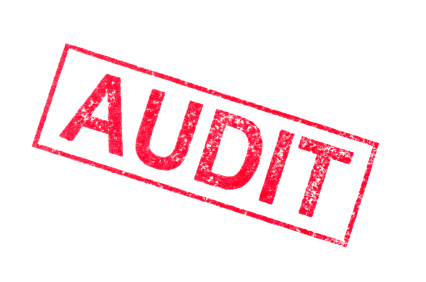Let's start by saying that no one likes getting audited. But the average income tax audit isn't the end of the world. For tax year 2012, the IRS audited just 1,481,966 returns out of over 143 million filed, or barely one in a hundred. And according to the IRS Databook, the average "deficiency notice" demanding more tax was just $10,331. That's nobody's idea of a party, of course. But it shouldn't bankrupt anyone who makes enough to owe that much extra tax.
start by saying that no one likes getting audited. But the average income tax audit isn't the end of the world. For tax year 2012, the IRS audited just 1,481,966 returns out of over 143 million filed, or barely one in a hundred. And according to the IRS Databook, the average "deficiency notice" demanding more tax was just $10,331. That's nobody's idea of a party, of course. But it shouldn't bankrupt anyone who makes enough to owe that much extra tax.
Things are a little different when it comes to estate taxes. For starters, the tax applies to the value of your assets, not the income they produce. It doesn't kick in until your taxable estate after all deductions tops $5.25 million ($10.5 million per couple). But the tax itself is 40%, which is higher than the top income tax rate. With so much more at stake, the estate-tax audit percentage is naturally far higher than the percentage for income tax — for 2012, the IRS audited 3,762 out of 12,582 estate tax returns filed, or nearly one in three. As for the average deficiency, well, here's hoping you're sitting down — it's a whopping $305,529!





